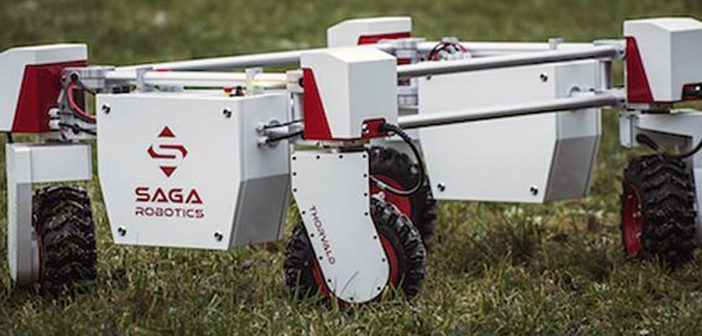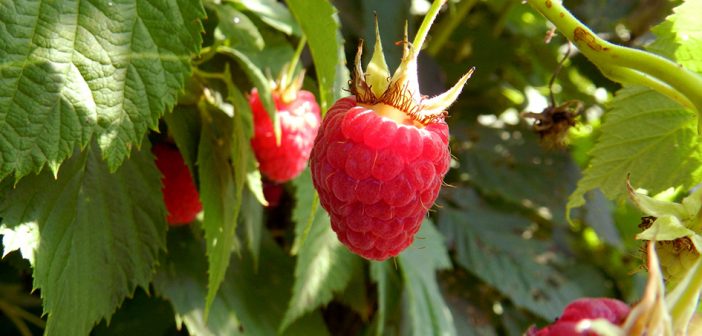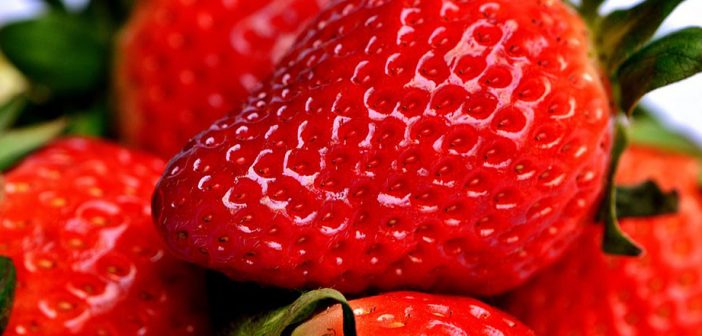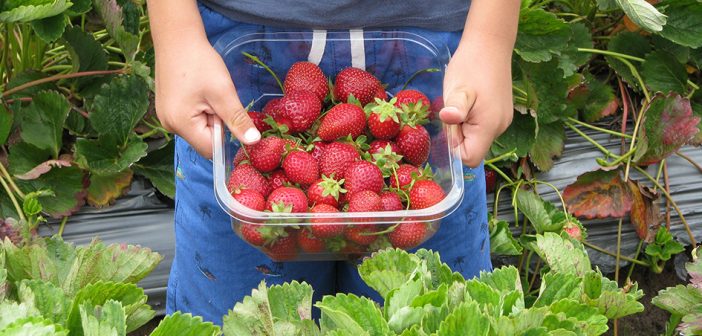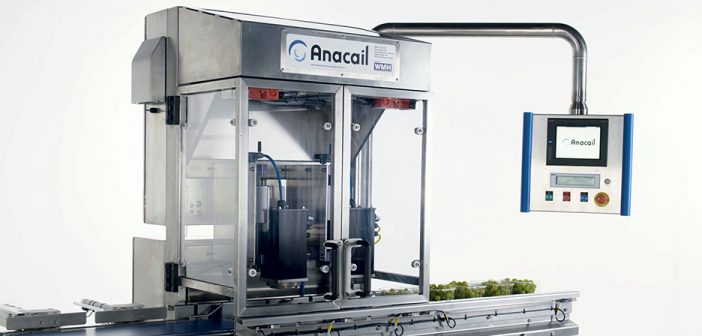Dutch fruit producer Flevo Berry has released a new mid-season fruiting strawberry that the company says has good tolerance to Phytopthora.
Sonsation is a short day variety, with berries with orange-red, conical berries which are said to resemble Sonata, but with better firmness. According to the company, ‘Sonsation is an easy growing variety producing a compact plant with lovely upturned leafs. Flower trusses are at leaf length and still well protected against spring frost. Flowers have excellent pollen quality ensuring a very well fruit set and fruits are well displayed and very easy to pick.’
Steven Oosterloo, commercial director of Flevo Berry said: “Sonsation fits into our philosophy. In developing new varieties we always look ahead. It can be done differently and it really must be done differently, so for us, flavor and sustainability are at the top of the list. It is a part of the way we think. You can use Sonsation in a variety of growing systems. From normal conditions and cooled environments to cultivation on racks and on substrate in greenhouses. The variety is easy to grow and juicy, making it appropriate for both direct sale and retail.”
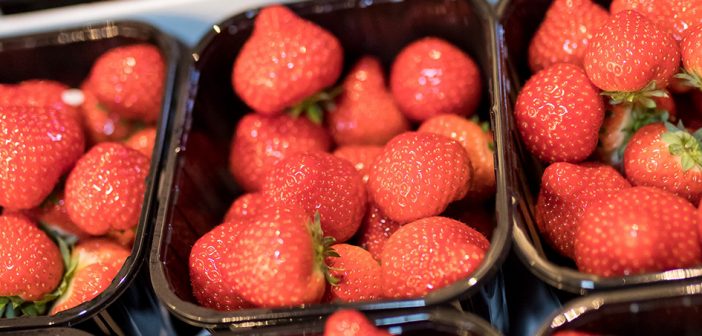
Photo Credit: Flevo Berry
The post New Dutch strawberries released appeared first on Hort News on 23 July 2018.
